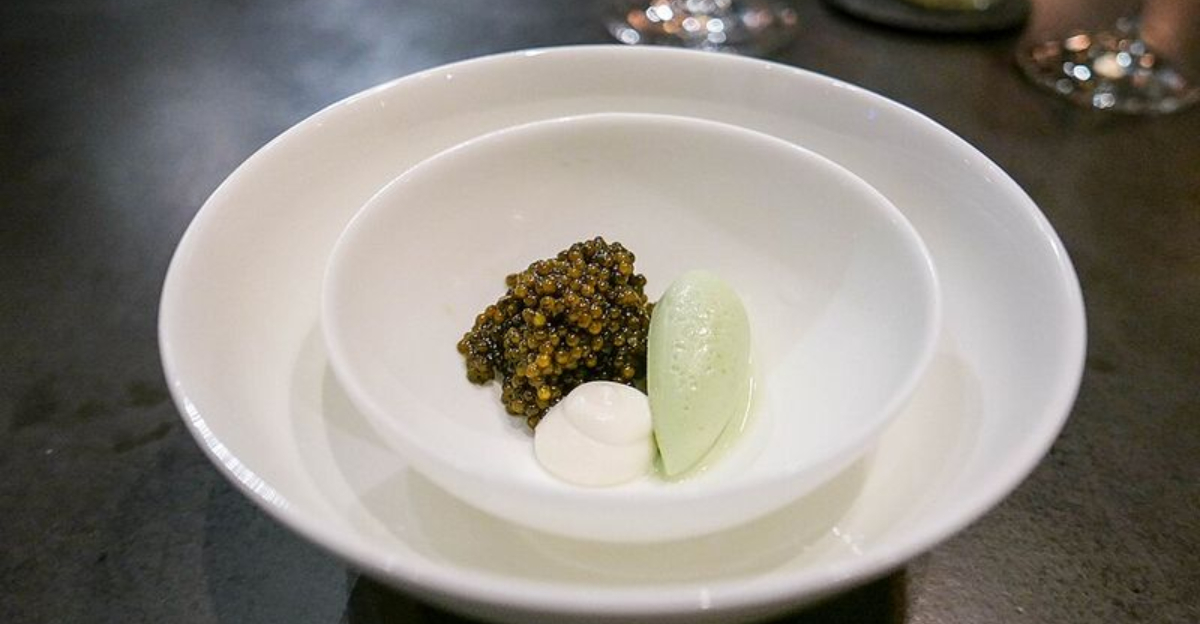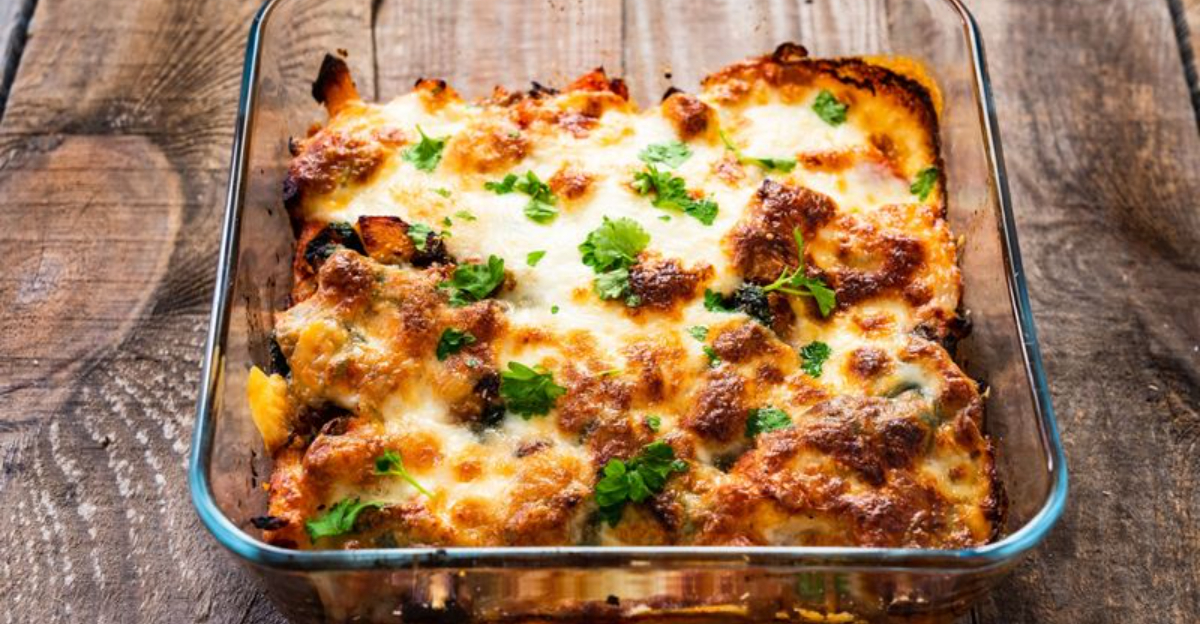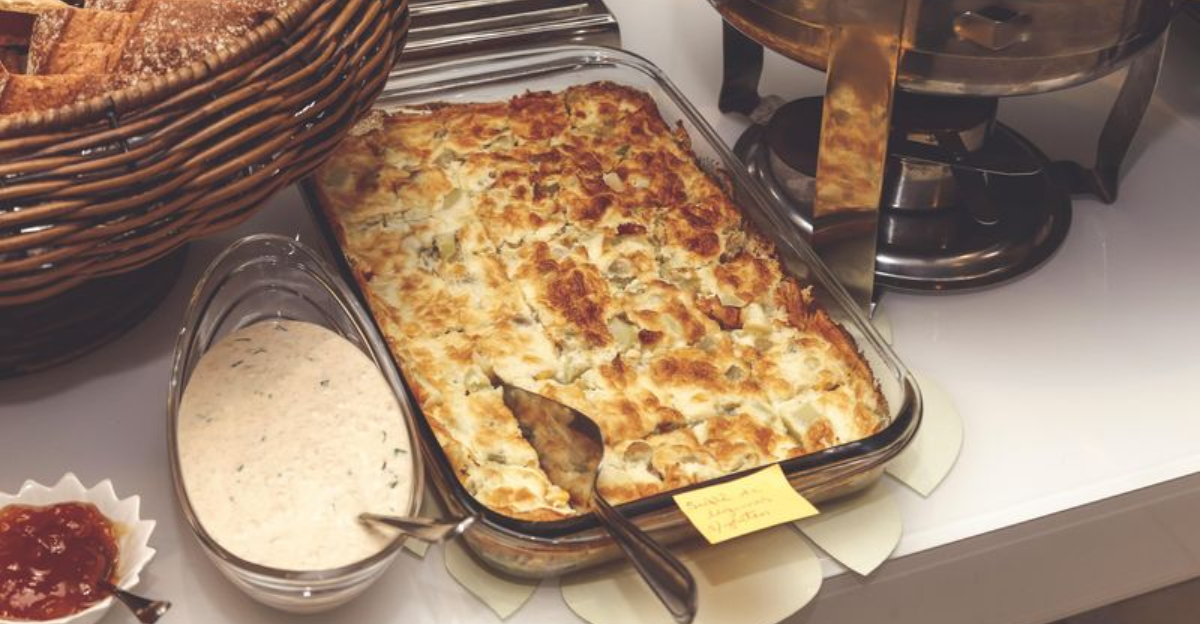10 Ways Cinnamon Rolls And Honey Buns Stand Worlds Apart
Walk into any bakery and you’ll spot two sweet treats that look somewhat similar but taste completely different.
Cinnamon rolls and honey buns might share shelf space, but they’re actually worlds apart in texture, flavor, and how they’re made.
Understanding what makes each pastry unique helps you pick the perfect treat for your next craving.
1. Dough Texture
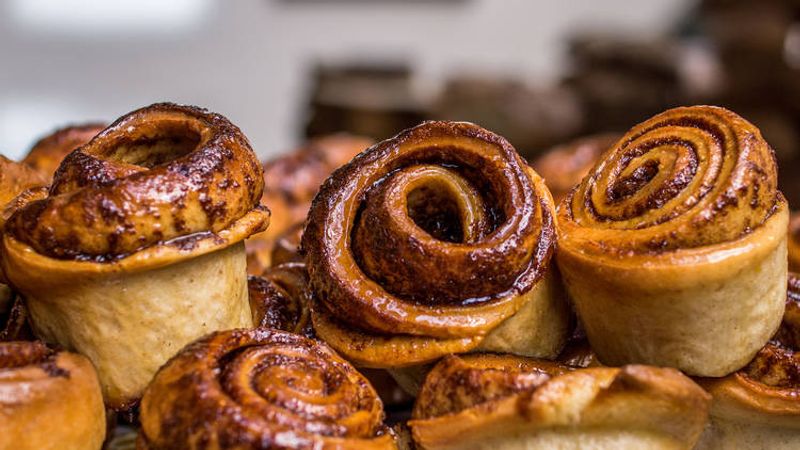
Ever wonder why one pastry feels like a cloud while another has more chew? Cinnamon rolls use a rich, buttery dough that rises slowly to create soft, fluffy layers you can pull apart.
Honey buns work with denser dough that stays compact and chewy. That difference comes from how much yeast and rising time each recipe needs.
2. Sweetness Level
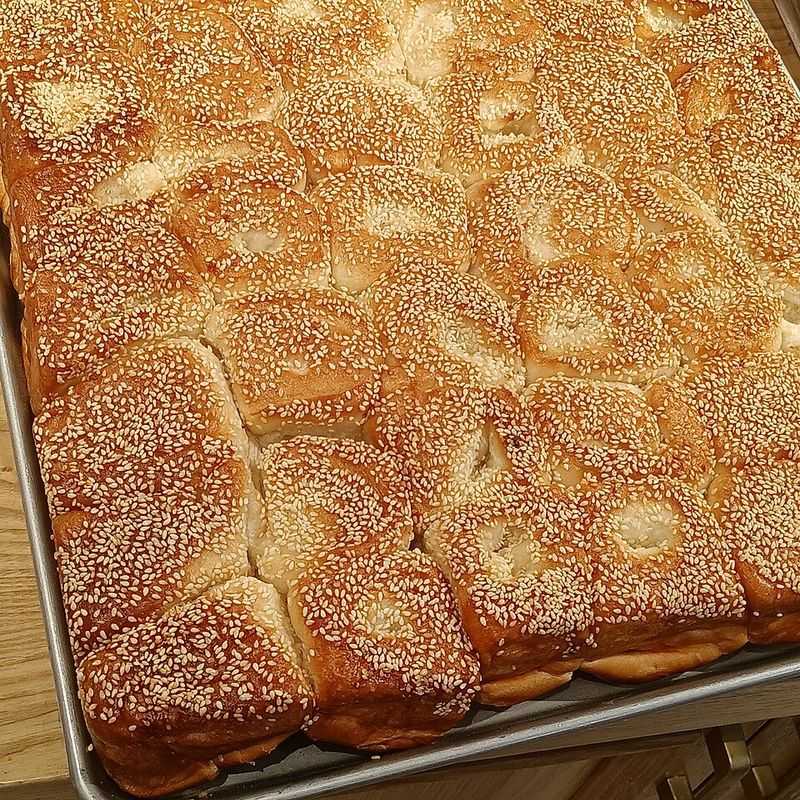
Your taste buds will notice right away which pastry packs more sugar punch. Honey buns practically swim in sweetness, with sugar coating every bite and honey adding extra sticky goodness.
Cinnamon rolls balance things out better, letting the warm spice flavor shine through without overwhelming your mouth. You can actually taste the cinnamon instead of just sugar.
3. Glaze vs. Icing
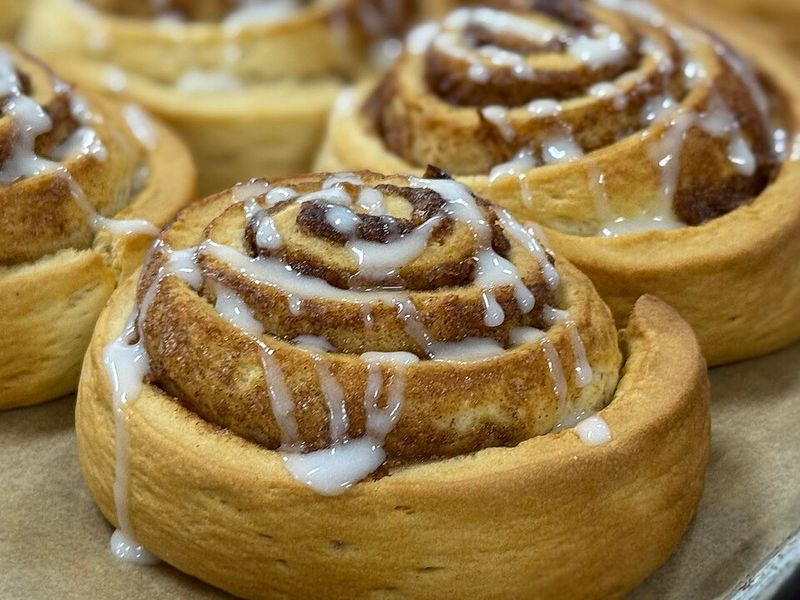
What goes on top makes all the difference between breakfast and dessert vibes. Cinnamon rolls get crowned with thick, tangy cream cheese icing that adds richness and cuts through the sweetness.
A thin, shiny glaze made mostly from honey and powdered sugar coats honey buns. As it cools, the glaze hardens slightly, creating a crispy-sweet shell around the outside.
4. Shape And Size
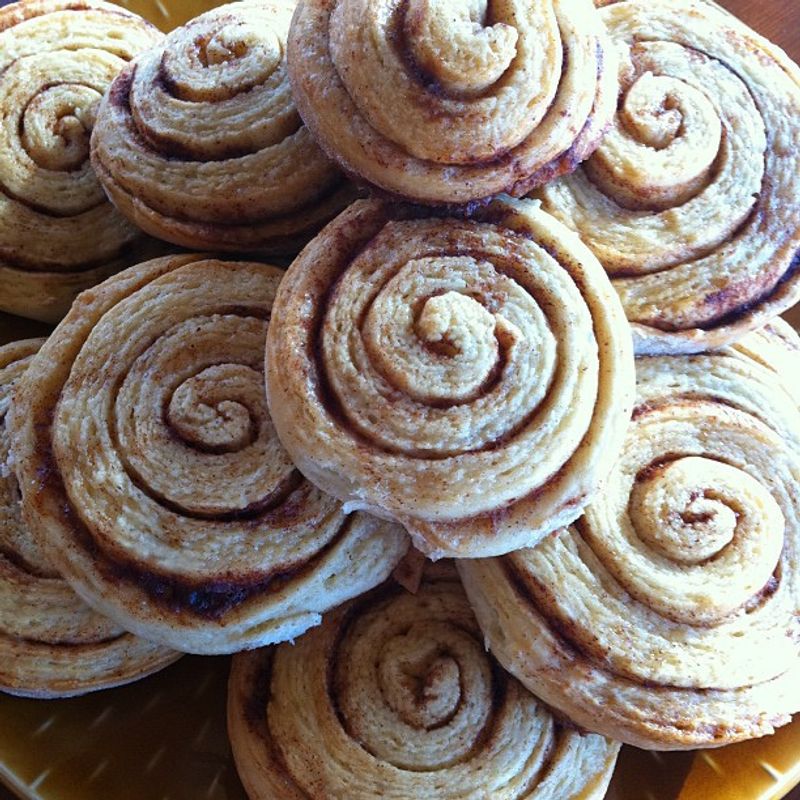
Size matters when you’re choosing your sweet snack for the day. Cinnamon rolls come as big, generous spirals that often need a plate and fork to eat properly.
These treats appear as smaller, oval-shaped snacks perfect for grabbing on the go. Most fit right in your hand, while cinnamon rolls practically require two hands to handle.
5. Filling Ingredients
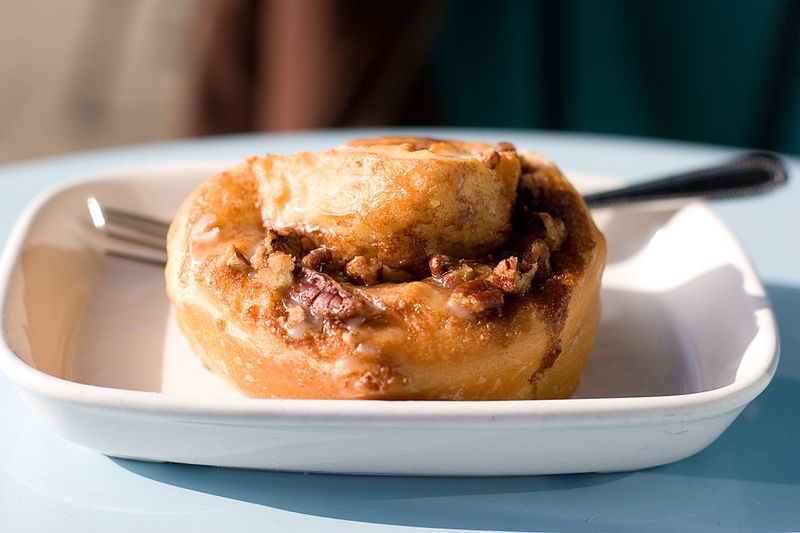
Crack open each pastry and you’ll discover completely different insides. Cinnamon rolls hide generous layers of cinnamon-sugar mixture swirled throughout, sometimes with butter creating gooey pockets of flavor.
They keep things simple with just a light dusting of cinnamon, if any filling at all. Most of the flavor comes from the dough itself and the sweet glaze coating the outside.
6. Baking Method
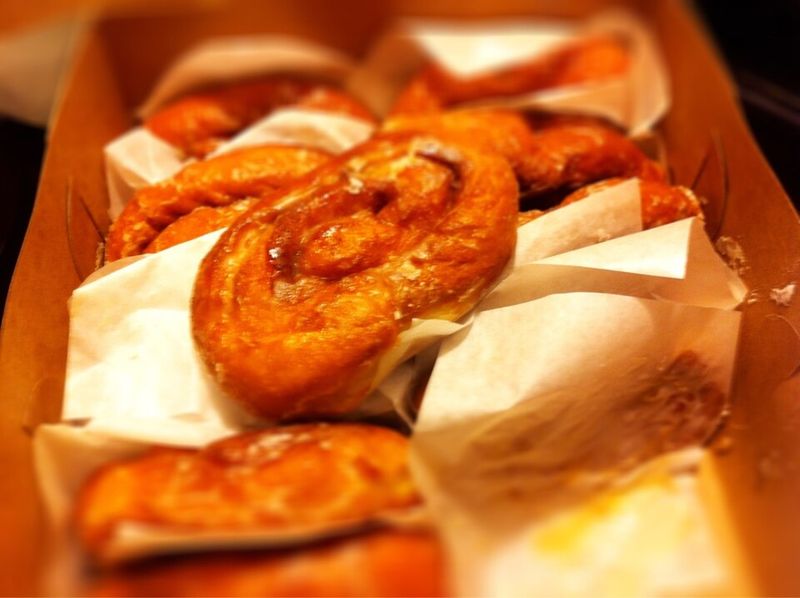
How each pastry gets cooked changes everything about taste and texture. Bakeries bake cinnamon rolls in ovens, letting them rise and brown slowly until golden and soft.
Many honey buns get fried in hot oil instead, which creates that denser texture and adds extra richness. Frying also explains why honey buns sometimes feel greasier than their oven-baked cousins do regularly.
7. Moisture Content
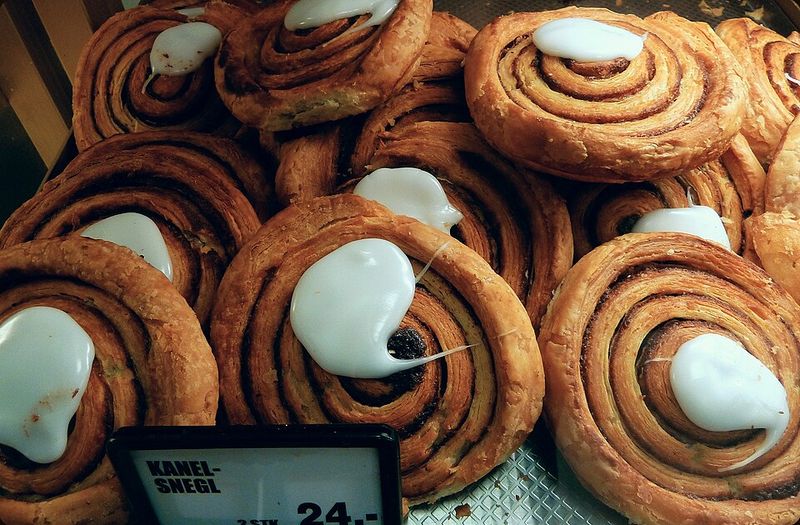
Bite into both and you’ll notice one stays softer longer than the other. Cinnamon rolls retain lots of moisture thanks to butter, eggs, and milk in the dough, plus that creamy icing on top.
Lower fat and moisture content makes honey buns dry out faster. Packaged versions often include preservatives to keep them from turning rock-hard after a few days.
8. Flavor Intensity
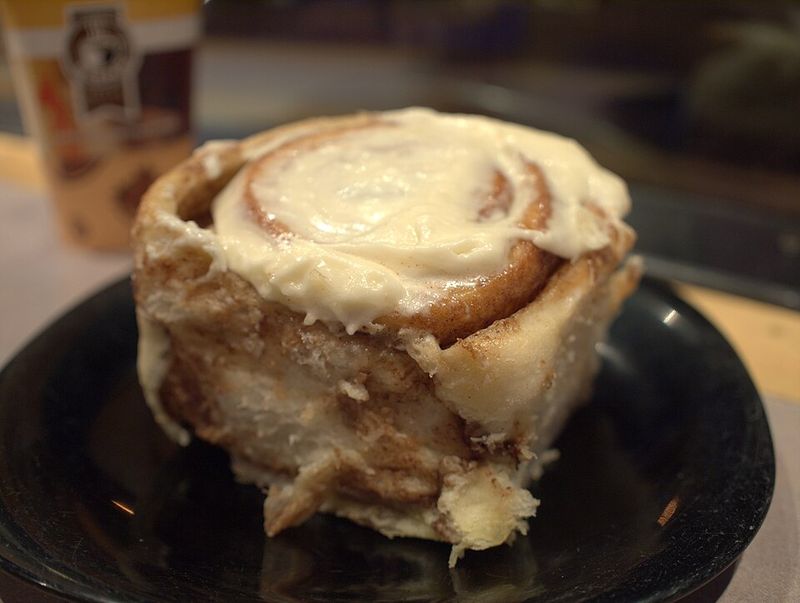
Your nose knows which pastry has more personality before you even take a bite. Cinnamon rolls announce themselves with bold, warm spice aromas that fill entire rooms when baking.
Flavors stay mild, focusing on simple sweetness rather than complex spices. Honey and sugar take center stage, with little else competing for attention on the palate.
9. Common Toppings
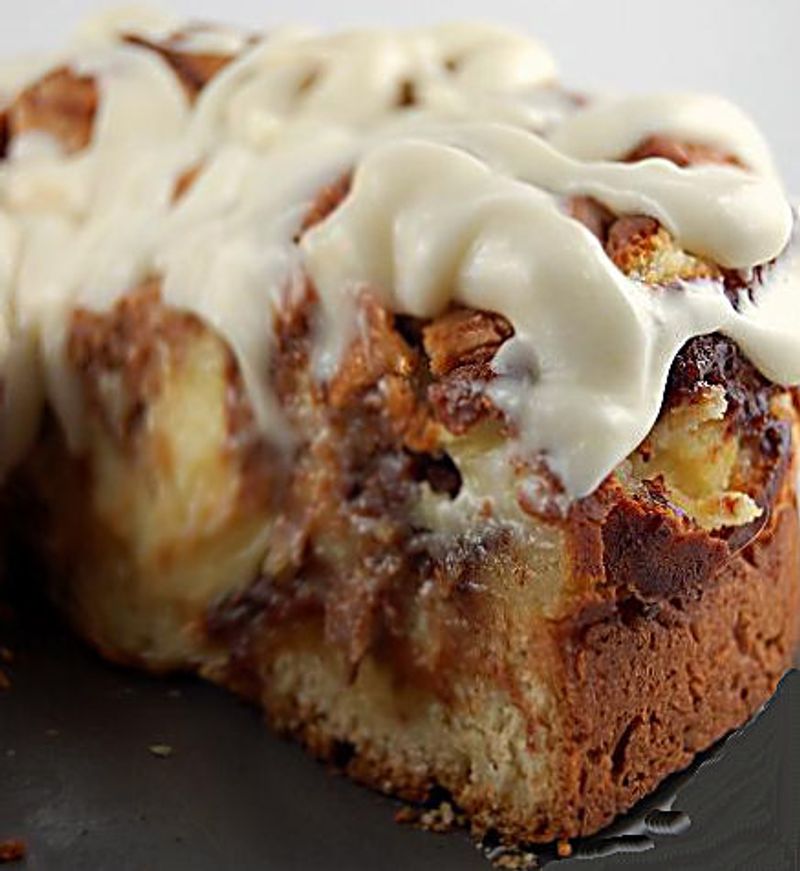
What gets added on top reveals how creative bakers can get with each treat. Cinnamon rolls welcome all sorts of extras like chopped pecans, raisins, caramel drizzle, or even chocolate chips.
Buns stick to basics, rarely getting fancier than their standard honey glaze. You won’t find many variations because the simplicity is actually part of what defines a classic honey bun.
10. Traditional Serving Occasions
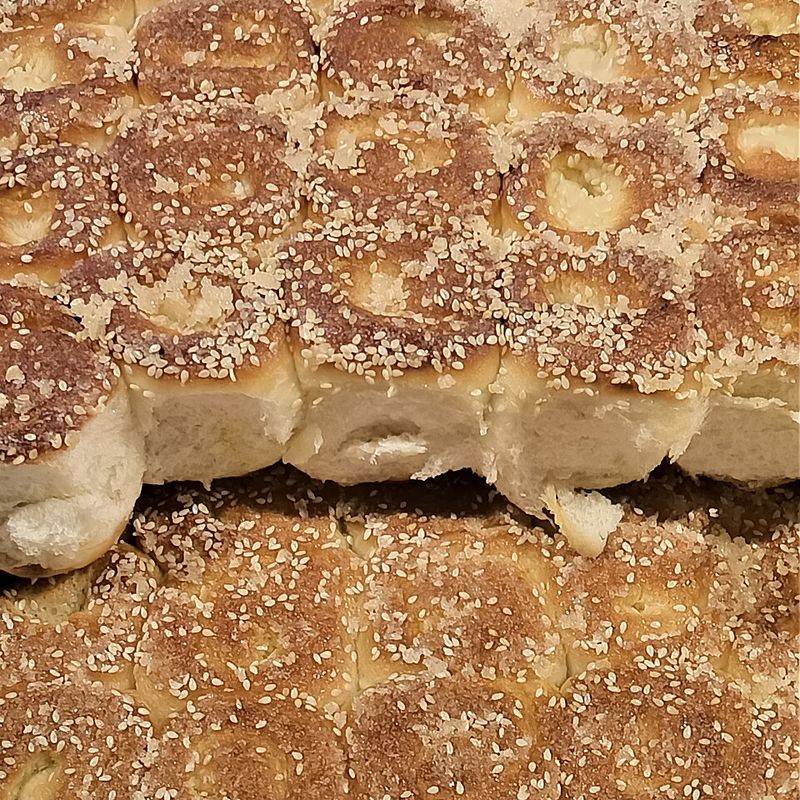
When you eat each pastry says a lot about what role it plays in your life. Cinnamon rolls show up at weekend brunches, holiday mornings, and special breakfast gatherings as the star attraction.
The others work as quick snacks, lunch box treats, or gas station pick-me-ups during road trips. Nobody plans fancy occasions around honey buns like they do with homemade cinnamon rolls.

